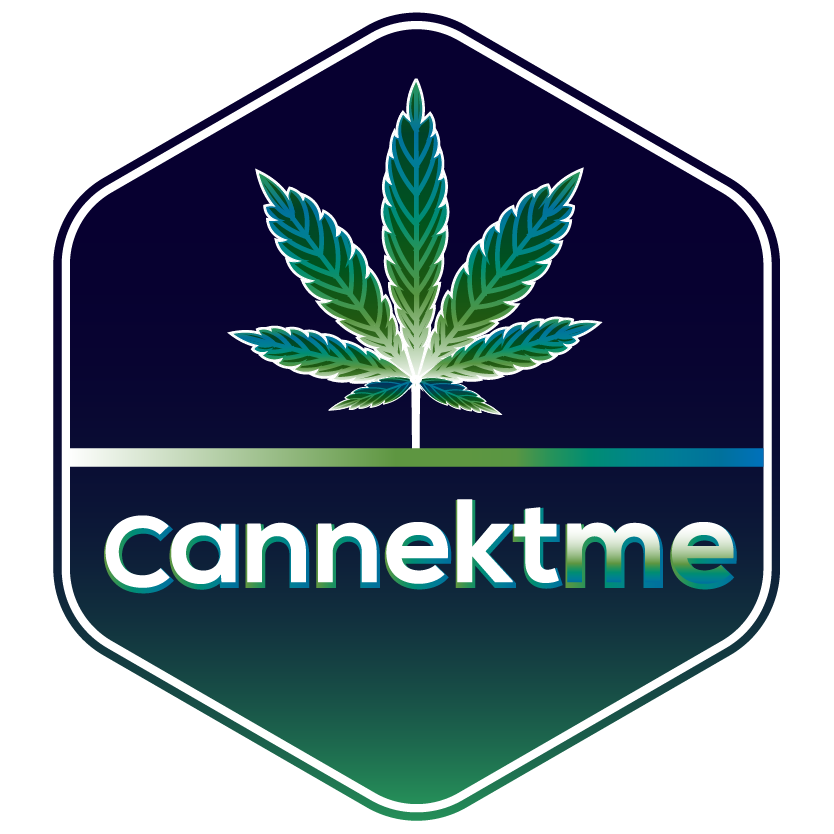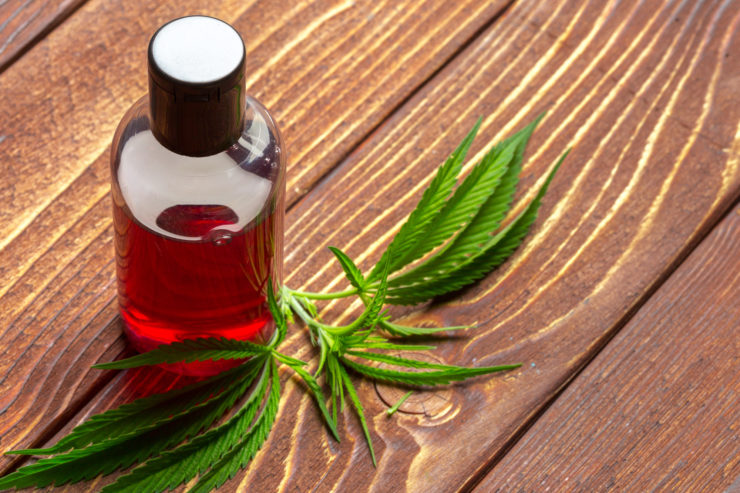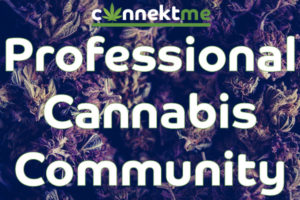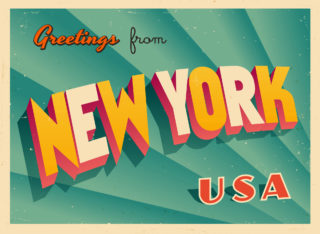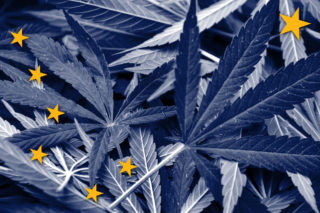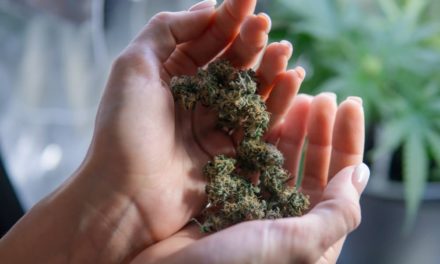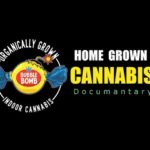Utah is a unique state for a variety of reasons, but recently it gained additional notoriety because the “world leader in essential oils” (based on global revenue), Young Living Essential Oils, announced it acquired Colorado-based Nature’s Ultra. Nature’s Ultra owns more than 1,500 acres of hemp farms in Colorado and produces “natural, organic, vegan approved, and gluten free” CBD oil with 0.0% THC. 0.0% THC is the key. Why? That is hard to explain without providing a little background about the “clean living” culture in Utah, the MLM (multi-level marketing) essential oil companies that call Utah home, and their drive for producing unadulterated essential oil products to compete with each other in the global marketplace.
Young Living’s acquisition of Nature’s Ultra is a big deal for Young Livng’s more than three million worldwide distributors. It is also a big deal for doTERRA, which is Young Living’s direct competitor (archrival is not an understatement) in this niche nutraceutical market, which also has more than three million distributors worldwide. To put it simply, in the world of essential oils, these market leaders vie for dominance as the company that can produce the purest, basest “essence” of oil from a living plant source. All plant sources are nearly sacred to these companies. Their oils comes from a variety of sources: the peel of a citrus fruit like lemon or orange, the leaves of an herb like peppermint or oregano, or from other parts of a plant like bark (cinnamon) or resin (frankincense). And in the case of Young Living, its CBD oil now comes from hemp plants.
Young Living and doTERRA have battled for more than a decade for market dominance. Young Living has the longer history. It was formed in 1993, and doTERRA’s owners are an offshoot of Young Living, comprised of former Young Living employees who formed doTERRA in 2008. The two companies’ global headquarters are only ten miles apart in Utah County. Each company has taken distinct but similar marketing positions. Young Living touts its products as meeting its “stringent Seed to Seal® Standards”, while doTERRA points to its CPTG® (certified pure therapeutic grade®) standard. There is currently no accepted objective industry standard. Both companies use products sourced from around the world. Both decry the other’s essential oils as less pure than the other. They are not the only essential oil companies in the world, but they are two massive forces in Utah and beyond.
But Young Living and doTERRA are not just essential oil companies. They are MLMs, each with an army of evangelist independent distributors (not employees!) who use their company’s products, train their own downline distributors, and are fiercely loyal to their brand. Utah is the unofficial MLM mecca of the world. Over 15 MLMs have global headquarters in Utah County (yes, just in Utah County). Utah MLMs are actively working to rebrand themselves because the term MLM has, after 30 years, become unpopular in Utah (or in the local vernacular, it has become a hiss and a byword). I recently learned from two midlevel executives at a Utah MLM company that MLMs no longer refer to their industry as MLM; they are now “direct-selling companies.” To me, it sounds a little like po-TAY-to vs. po-TAH-to, but as a student of marketing and branding, I understand the drive to continue to innovate, even if that innovation is a lateral move rather than a forward or upward move.
What does all of this mean for the world of direct-selling essential oils, especially CBD oil? It means that Young Living is about to deploy its massive army of worldwide distributors into our households and onto our social media streams to teach us the virtues of CBD oil. And it means doTERRA’s equally large army of distributors will likely follow suit. And CBD oil-derived products will be appearing with regularity in products available from other Utah MLMs like NuSkin, USANA, Nature’s Sunshine, Neways, and LiveVantage. This will have not just national but international implications because these companies operate in dozens of countries throughout the world through their distributors.
Utah has emerged as a dark horse in the business world for several reasons, but I cannot go into all of them in this post. As we reported last year, Utah joined the ranks of states in voter-approved (and legislature modified) legislation authorizing medical marijuana (but cannabis sounds better for historic and linguistic reasons). This stunned many outsiders (including some of my blogging colleagues) who are only tangentially familiar with Utah’s infamous notoriety as a state with a majority populace that is adverse not only to illegal drugs but also alcohol, tobacco, tea, and coffee use. But to many Utahns (and quasi-Utahns like me who have family roots in Utah or attended school in Utah), the move to legalize medicinal marijuana (not for smoking, only for ingestion, vaping, and topical application) fits perfectly within the general population’s mantra of seeking out the best things, researching to understand them, and taking the positive while abstaining from the negative (which is why smoking medical cannabis is banned). In sum, if there are positive applications of marijuana, like the production of CBD with less than 0.3% THC or – better yet – with 0.0% THC, then the majority of Utahns are more likely to embrace those “healthy” applications. Utahns are, like most humans, compassionate and almost assiduously seek to relieve the suffering of others by whatever means they can. First it will come through 0.0% CBD oil; second through medical marijuana used in its near-purest form for greatest effect and less chance of it being used merely for recreational purposes.
So Young Living’s acquisition of Nature’s Ultra is a logical step in its business model, and it is also a logical step for a company headquartered in Utah. Thanks to the passage of the 2018 Farm Bill, hemp and hemp-derived CBD oil can now generally be transferred across state lines (caveat, caveat, caveat). Colorado had a years-long head start ahead of Utah, so rather than try to make the Utah desert bloom with hemp plants, Young Living has taken a logical shortcut in this recent acquisition. The question remains of what steps doTERRA will take to match strides with Young Living. doTERRA’s distributors have naturally been inquiring when doTERRA will launch CBD oil so that those distributors can market the next best thing to their downline distributors and customers. But doTERRA has no publicized interest in CBD oil. Why not? That is a topic for a future post. In the meantime, the doTERRA distributors will have to source their CBD oil from their competitors.
Source of article: https://www.cannalawblog.com/young-living-vs-doterra-utah-mlm-companies-and-the-cbd-race/
